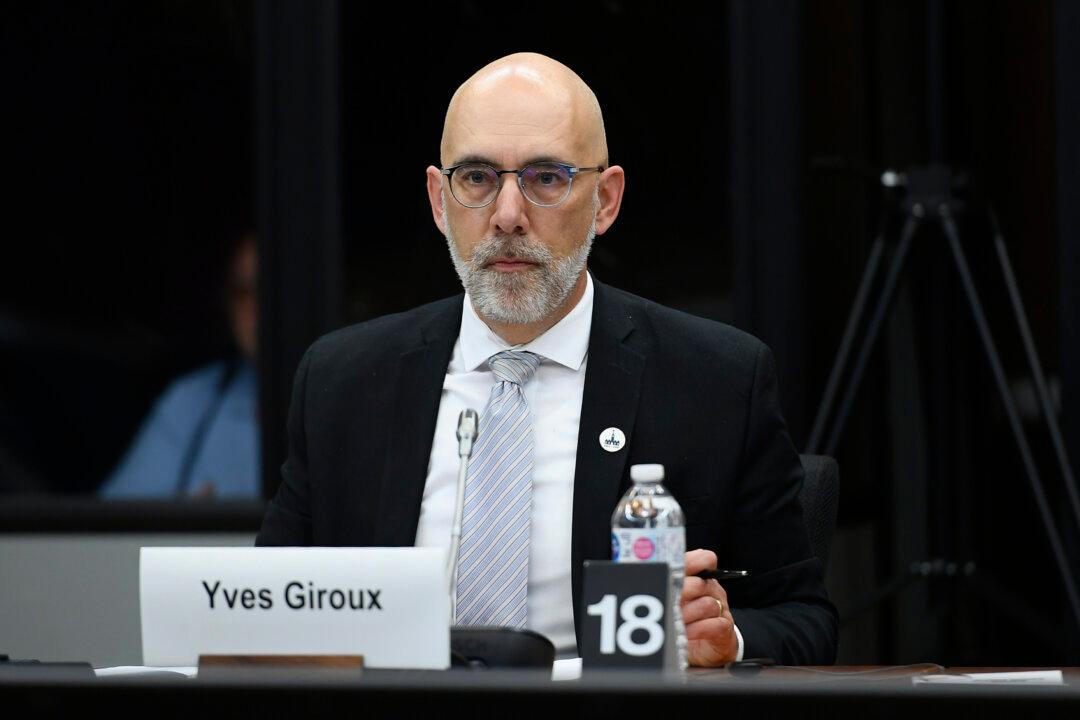Parliamentary Budget Officer (PBO) Yves Giroux found himself defending his department’s work in front of a parliamentary committee on Oct. 5—and not for the first time.
He was being questioned on a PBO report that said it would take 20 years to pay back $28.2 billion in federal subsidies to Volkswagen and Stellantis for EV battery factories.





